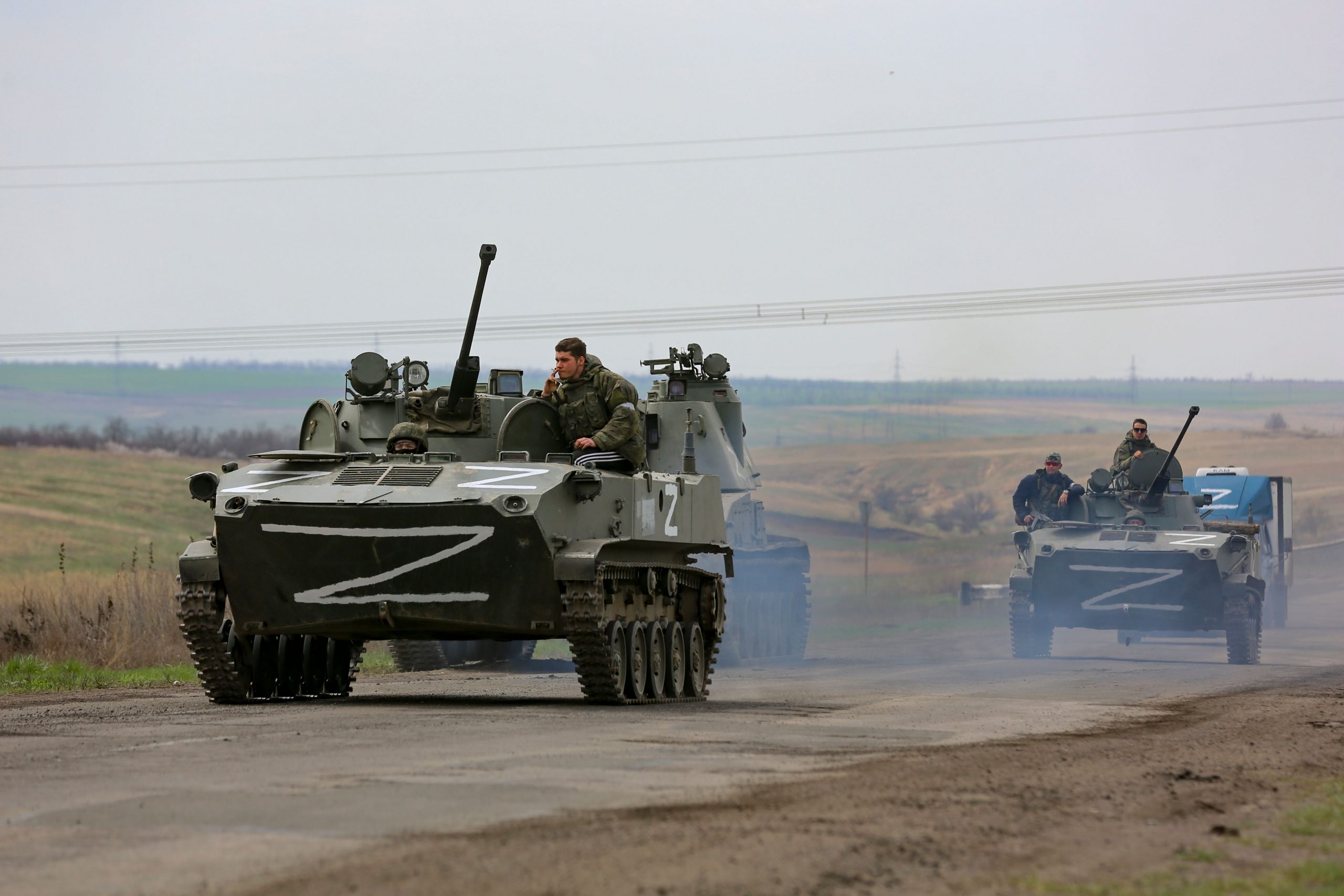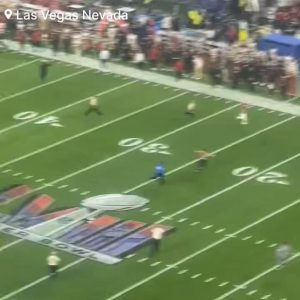In an exclusive report published on October 12, Reuters claimed that US firm Extreme Networks, the main sponsor of the NFL, “may have sold” networking equipment through a surrogate buyer to MMZ Avangard – the state-owned firm that makes missiles for Russia’s S-400 air-defense system.
US firms are prohibited from dealing with MMZ Avangard since Russia annexed Crimea in 2014. However, according to emails and other business records accessed by Reuters, Extreme Networks was providing IT equipment worth half a million dollars for MMZ Avangard offices, between 2017 and 2021.
Also read: Marilyn Monroe sings Happy Birthday, Mr President as Crimea bridge burns
The investigation by Reuters showed that Extreme Networks was dealing with an unnamed Moscow-based corporation that allegedly acted as a surrogate for MMZ Avangard. Among the products sold were high-speed switches, an essential building block of corporate IT networks, and software.
In its reply to the investigation, Extreme said that it does not work with sanctioned entities and has a “firm policy” against such deals. However, it added that the company does not always have information about the end customers, especially when products are sold through distributors that hold inventory.
The statement further said that the company believed that one such distributor named RRC and held by a Cyprus-based parent company, might be complicit in supplying equipment to MMZ Avangard.
Also read: Elon Musk denies having spoken to Vladimir Putin, says met Russian president once
The investigation also showed that Extreme had dispatched a staff engineer to Moscow once the equipment reached the Russian capital. The engineers’ task was to ensure that they are smoothly installed. Extreme, however, claimed that there is no record of any employee going to Moscow to install equipment at MMZ.
The Reuters report further said that in April 2022, six weeks after Russia invaded Ukraine, an Extreme employee filed an internal complaint where it was alleged that Extreme was selling equipment to the Russian firm.
Earlier, two other employees had also raised concerns that the company was trading with an unnamed Moscow-based firm.







